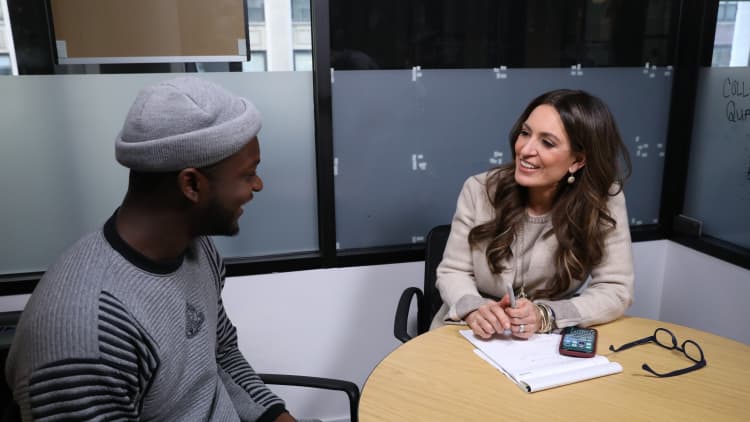
Why job skills could make or break your next interview
CNBC
More companies are adopting “skills-based hiring.” They place more importance on candidates’ competencies than traditional filters, such as educational attainment and years of experience. Developing and demonstrating the skills laid out in job ads are key for job seekers. Azmanjaka | E+ | Getty Images
Many companies are pivoting to a new form of hiring that emphasizes applicants’ skills over more traditional metrics, such as education or years of experience, according to recent reports and data.
The share of U.S. online job postings that list a specific requirement for employment tenure has fallen by 10 percentage points, to 30%, in the two years through April 2024, according to data from job site Indeed.
Additionally, most job ads, or 52%, don’t have a formal education requirement, up from 48% in 2019, Indeed found. The data from Indeed says that mentions of college degrees have fallen in 87% of occupational groups over that time.
A recent ZipRecruiter survey of 2,000 employers also shows a shift toward so-called skills-based hiring, which prioritizes “competencies” over traditional credentials. Nearly half, or 45%, of employers scrapped degree requirements for some roles in the past year, and 72% now prioritize skills over certificates in job candidates, according to the ZipRecruiter survey.
The trend, which prioritizes a candidate’s practical skills and real-world experience over formal education, appears to be “gaining momentum,” according to ZipRecruiter.
Meanwhile, hiring managers are being more explicit in job ads about the specific skills they seek in applicants, said Cory Stahle, an economist at the job site Indeed.
“We definitely see a change in the way the interview and hiring process works,” Stahle said.
Skills-based hiring is a ‘win-win’
The demand for workers surged to a record high when the U.S. economy reopened in 2021 after early pandemic-era lockdowns. Businesses struggled to fill jobs amid scarce talent and high competition for workers.
That hiring “pressure” led employers to drop college degree requirements, a filter that “disqualifies” about 62% of Americans who lack a degree, according to a recent joint study from the Harvard Business School and the Burning Glass Institute.
Additionally, companies have put more focus on workplace equity, the report said.
More than 70% of Black, Hispanic and rural workers don’t have four-year degrees —
CNBC
The full article is available here. This article was published at CNBC Finance.
Comments are closed for this article!